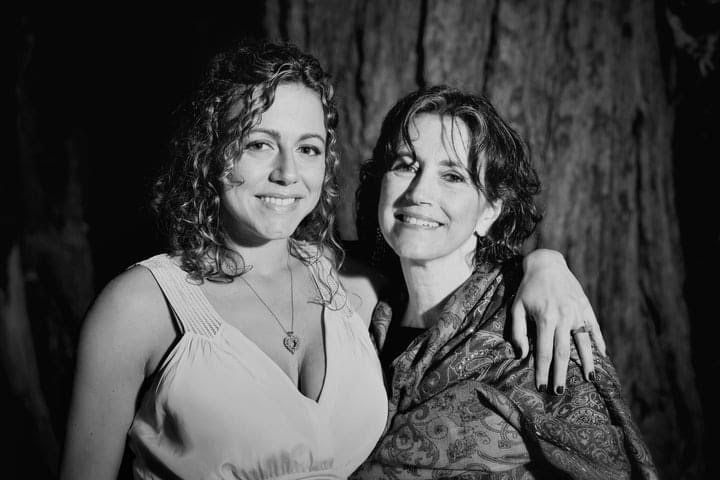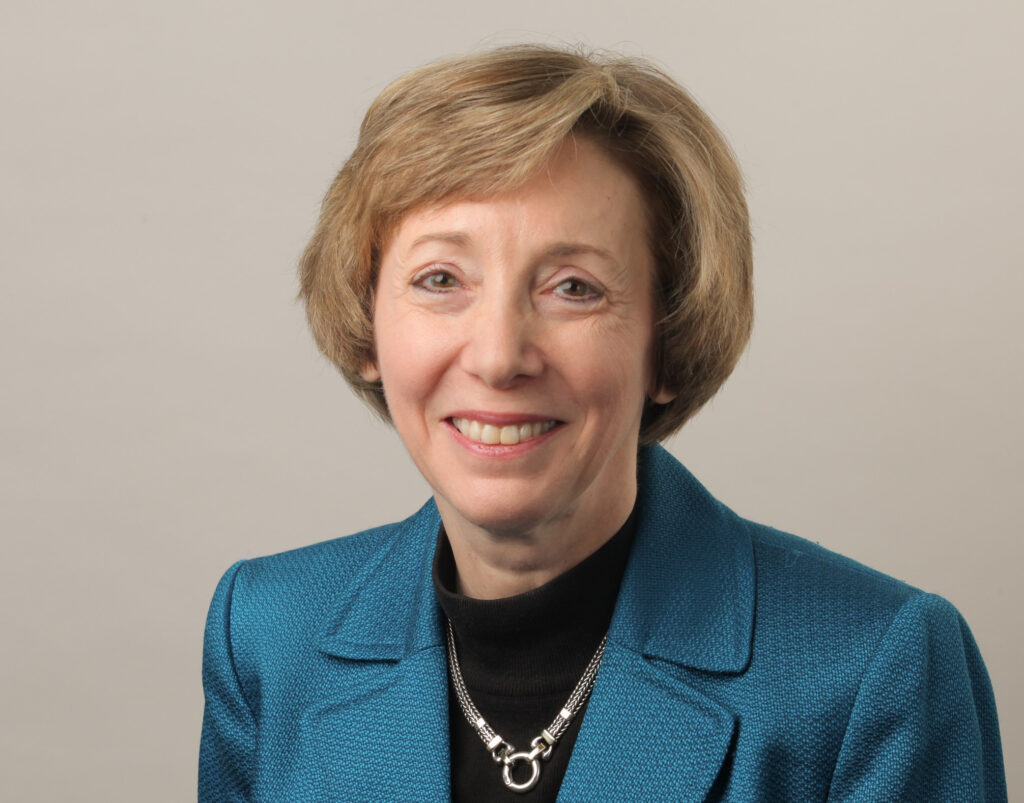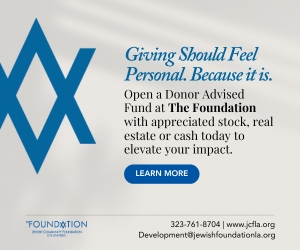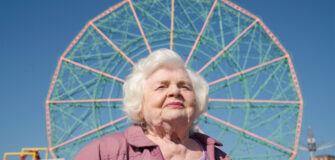Jscreen – Putting Health in Your Hands
Empowering through the power of at-home screening tests
By Jacqueline Weiss

Figuring out your possible genetic mutations can be as easy as putting saliva in a tube, without a visit to the doctor first. JScreen is a non-profit genetic screening program in association with Emory University in Atlanta that offers comprehensive at-home testing that only requires answering a questionnaire and sending in a tube of saliva.
Rachel Mintz, a Los Angeles-based musician and mother, has first-hand experience with the power of genetic testing and taking charge of her own health.
“I think that’s what it’s all about, being empowered and being your own advocate,” Rachel said. “We don’t have a perfected healthcare system by any way, shape or form. I could tell you story after story of things that have happened, and that’s why it makes it even more important to be your own advocate. I was fortunate to have a gynecologist who said that I should get a genetic screening.”
Her mother, Lynn Mintz, was diagnosed with breast cancer at the age of 38 and passed away at 65 in June 2011. The general recommendation by oncologists is for children of those diagnosed with breast cancer to begin receiving regular mammograms 10 years before the age that their parent was diagnosed.
Lynn had previously worked with Felicia Mayer, MSEd, LPC, who serves as JScreen’s Director of Operations. Some years later, Mayer connected with Rachel and encouraged her to speak out about her story and diagnosis, which Rachel, 44, said she now feels more comfortable doing following a diagnosis of stage 0 Breast cancer.
“At 28, I started getting mammograms alternating with MRIs. Ultimately it was the mammogram that caught this, it wasn’t something that would have been caught in an MRI,” Rachel said. “It was stage 0 DCIS [ductal carcinoma in situ], so it was caught extremely early. Because of that, I’ve been able to take a sort of slow, methodical, surgical approach, which has given me the best outcomes aesthetically. But it’s no walk in the park, and recovery is a little more entailed than I thought it would be, and it requires a tremendous amount of patience.”
“I think it’s really important that if you find out you have some sort of mutation, that you really start doing the digging and asking the people and taking the time, annoying as it may be, to find out your family history.” – Rachel Mintz
Rachel’s genetic testing and panel and the information about her family history also confirmed that she was a carrier of the CHEK2 mutation. Not as common as BRCA1 or BRCA2, a CHEK2 mutation can increase the risk of breast cancer by 32%, according to JScreen. In Rachel’s family on her mother’s side, there are at least seven cancer diagnoses and several CHEK2 positive mutations.
“I think it’s really important that if you find out you have some sort of mutation, that you really start doing the digging and asking the people and taking the time, annoying as it may be, to find out your family history,” said Rachel, who has had a lumpectomy and breast reduction as part of her treatment plan.
She shared, “I do think about [my mom] obviously a lot going through this process, and I’m sure she would be very grateful and proud that I’m doing this and going to be able to be here for my little girl and not having to worry about getting cancer again — at least not breast cancer.”
Outside of her family, Rachel has found community in groups online for other women going through some of the same things she’s experienced, including breast cancer groups, prophylactic mastectomy groups, breast reconstruction groups and genetic mutation groups. She has even been able to connect with other women who have used her surgeon, Dr. Anne Peled of San Francisco, who along with her husband has “pioneered sensation-preserving mastectomies and go around the world teaching surgeons a nerve gra to preserve nerves,” which commonly happens after mastectomies, Rachel said.
“There are many surgical approaches to breast reconstruction, and like I said, it’s so important to be an advocate,” Rachel reflected. For any person/woman diagnosed with breast cancer, please get second, third, fourth, fifth opinions, because every surgeon has a different approach.” Karen Arnovitz Grinzaid, MS, CGC, CCRC, is the Executive Director of JScreen and has dedicated her professional career to working in genetics. In 2013, Grinzaid helped launch the JScreen program, which was ahead of its time with an at-home approach to learning more about one’s health.
The ReproGEN test has been around since JScreen’s inception and is designed for individuals between the ages of 18-45 to determine the risk for having a child with a genetic disease. JScreen tests for more than 200 genetic diseases, including those commonly found in the Jewish population like Tay-Sachs, Cystic Fibrosis and Gaucher disease.
“I would say people thought we were a little bit crazy to be doing genetic testing from home and providing genetic counseling services around results when we’re not actually sitting with a person in a genetics clinic,” Grinzaid said.
She added, “We were testing people based on saliva as opposed to sending them somewhere to get their blood drawn, and we were really doing that to improve accessibility and to make sure people were getting testing done at the right time and in the right way.”
In 2021, JScreen expanded its offerings with the introduction of CancerGEN. This hereditary cancer screening test is designed for people 21 and over. It tests for over 70 genetic mutations.
Even before the COVID-19 pandemic, telehealth was becoming increasingly popular even for those who are not immunocompromised. Today, you can meet with a therapist, get prescriptions and see a doctor, all from home through a variety of medical services.
However, Grinzaid explained, there are differences between what JScreen and other direct-to-consumer labs do. “We’re not doing ancestry testing — we’re doing medical testing. The testing that others are doing is very limited, and I caution people that if they’re trying to use this for health reasons, they should use a medical-grade test like the ones we do.”
JScreen allows its users to put the power of knowledge in their hands, with results typically turned around in three to four weeks, eliminating the oen months-long (or longer) wait times that can be associated with getting an appointment at a genetics clinic.
“The way we’re doing it remotely and 24/7 — you can just go and register and get the process going, which is a huge benefit,” Grinzaid said.
So, how does it all work? You start by requesting your kit — either the ReproGEN ($149 with insurance, $299 self-pay), the CancerGEN ($199 with insurance, $349 self-pay) or both ($299 with insurance, $599 self-pay).
Next up is a series of questions regarding your demographic information and family history. For Jewish users in particular, the genetic mutations you may be more likely to test positive for can vary whether you are Ashkenazi, Sephardic or Mizrahi, but all JScreen patients receive the same testing to ensure nothing is missed.

Genetic counselors will then look over your information and may come back with questions via email about “family history, reasons for testing, clarification if you’ve had prior testing because we want to take a look to make sure that the testing we’re doing is complementary to that,” Grinzaid said.
If everything looks ready to go, JScreen will send the saliva collection kit to you. Once complete, the sample is sent off to a commercial lab where the testing is done, and the results are given to JScreen. JScreen coordinates a telehealth genetic counseling appointment at a time convenient to the patient, including some evening and weekend availability, to go over the results and what they mean. This includes giving the patient an opportunity to ask questions and get resources for any next steps.
“We do talk people through what their options are, and because we’re doing this remotely, we want to connect people with resources in their area,” Grinzaid said. “For example, if a couple is thinking about IVF, we want to make sure that they have access to a fertility doctor to talk to, locally, about that option.”
“Or if it’s a BRCA-positive person, we want to get them to a local oncologist who can help them navigate whatever follow-up screening or other intervention that they’re thinking about,” Grinzaid added. “So then what we usually do is touch base with people a couple of weeks later, three to six months later, and make sure they are on a good path.”
Grinzaid hopes for a world, in the hopefully not too distant future, where genetic testing and information can be used to make informed health decisions from a younger age, regardless of family history.
“At some point, and the technology is already there, everybody is going to have their genome or exome sequenced, and maybe that will get done when you are born,” Grinzaid said. “And that genetic information will be there, and you’ll be able to use it for predicting hereditary cancer risks or for risks of having children.”
As for the more immediate future, JScreen will continue to expand its ability to test for more diseases to continue helping people, regardless of their ethnicity or family history, to be more proactive about their health.
Visit JScreen.org for more information and to purchase test kits.






























